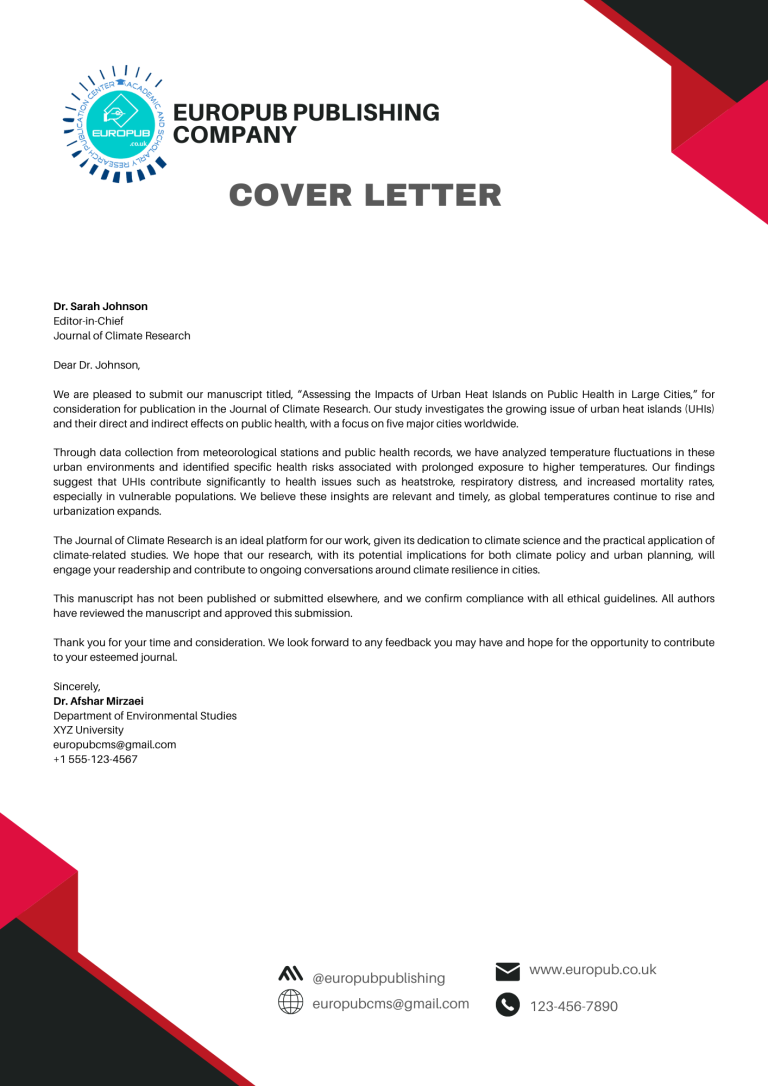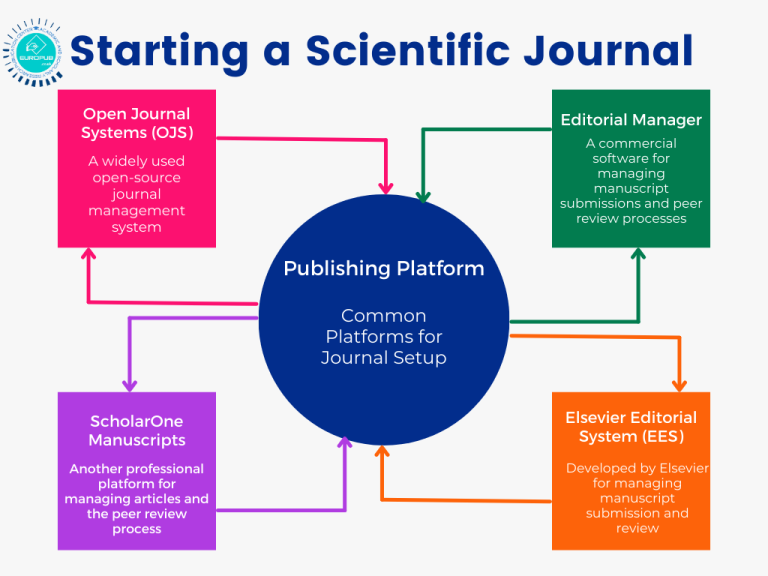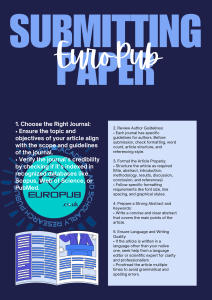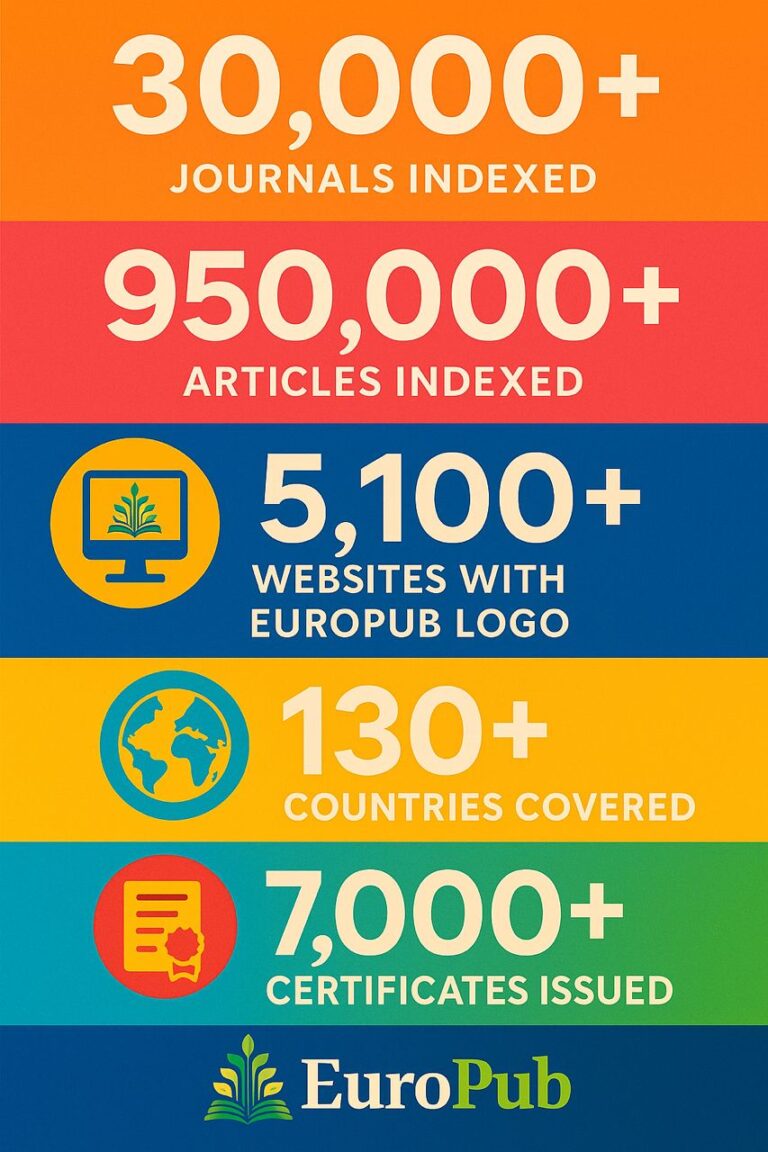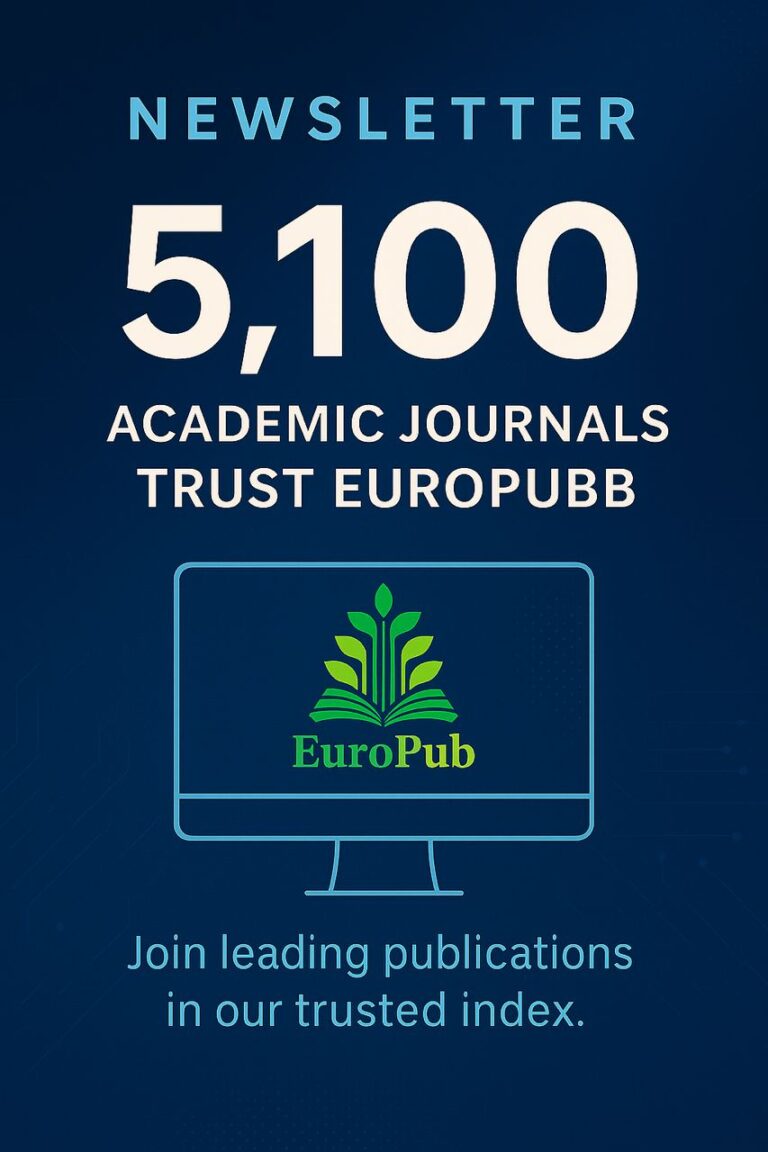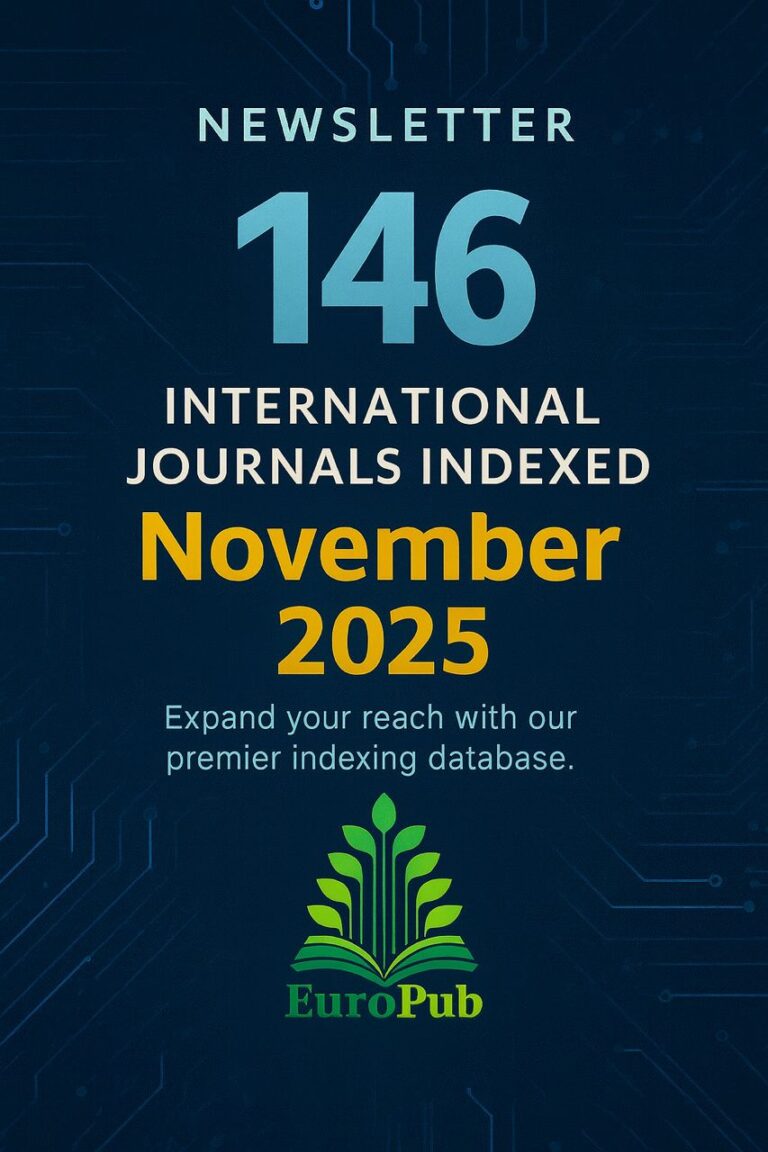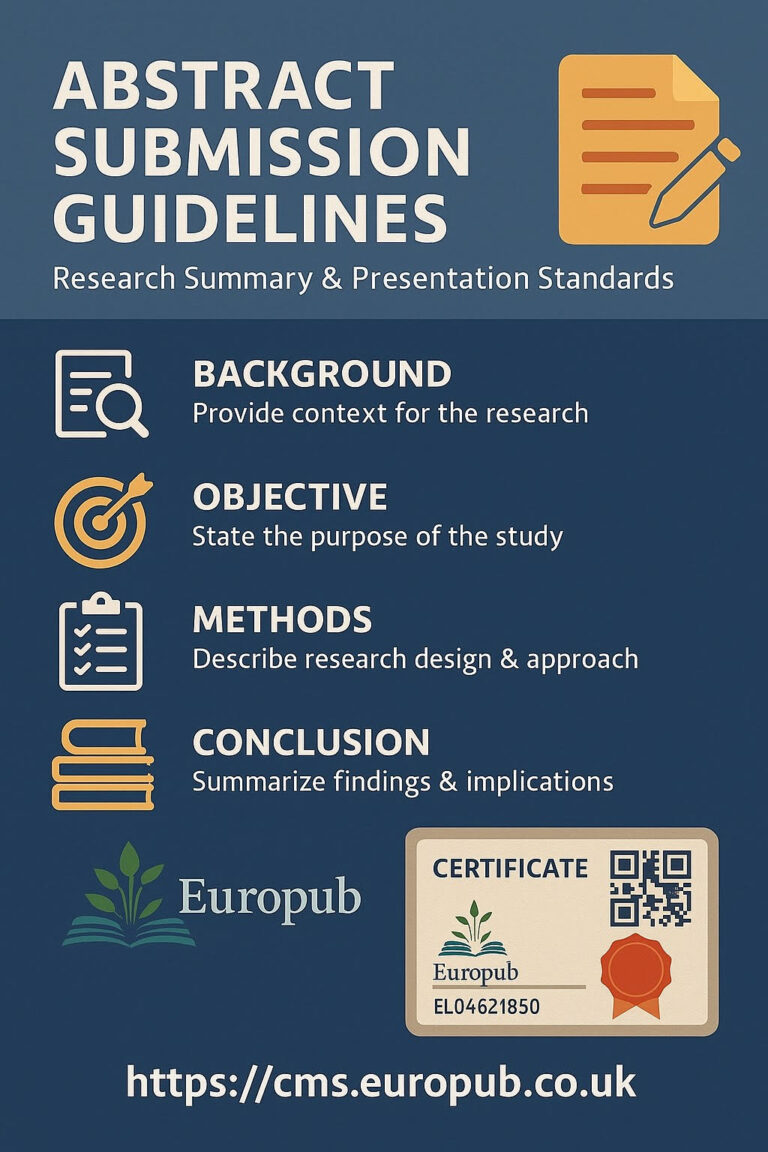Here’s a comprehensive guide on becoming an editor for a scientific journal, along with frequently asked questions and relevant links to help you explore opportunities and prepare.

Steps to Become an Editor for a Scientific Journal
1. Develop Scientific Expertise and Research Background:
• Importance: Editors typically hold a Ph.D. and have extensive research experience, giving them a strong understanding of scientific standards and journal quality.
• Relevant Links:
• Scopus: Track your publications and monitor your research impact.
• Web of Science: Search for your published articles and check if they’re indexed in this database.
2. Gain Peer Review Experience:
• Benefits: Reviewing articles helps you understand quality criteria, improve analytical skills, and become familiar with journal processes.
• Relevant Links:
• Publons: A platform to track and display your peer review contributions.
• Elsevier Reviewer Hub: Register here to gain reviewing experience with Elsevier journals.
3. Build Your Professional Network:
• Importance: Networking with researchers and editors can help showcase you as an active contributor in your field and lead to editor opportunities.
• Relevant Links:
• ResearchGate: A social network to connect with researchers worldwide.
• ORCID: Create a unique researcher ID and build a verified profile of your research output.
4. Look for Editorial Opportunities:
• How: Many journals advertise open editor positions on their websites; apply when you see a relevant opening.
• Relevant Links:
• Elsevier Journals: View editorial positions and opportunities at Elsevier.
• Springer Nature: Check for editor opportunities with Springer journals.
5. Prepare a Cover Letter and Academic CV:
• Importance: A strong cover letter and CV should highlight your expertise, experience, and dedication to the field, making you a compelling candidate.
• Relevant Links:
• Scientific Editor Resume Samples on Indeed: Examples of scientific editor CVs and resumes for reference.
Frequently Asked Questions About Becoming a Journal Editor
1. Do I need a Ph.D. to become an editor?
• Yes, reputable journals generally expect editors to hold a Ph.D. and have a solid research record.
2. How can I gain experience in peer reviewing?
• Sign up on platforms like Publons and Elsevier Reviewer Hub to start building a peer review record.
3. Are all editor roles unpaid?
• Some journals offer compensation, but many editor roles are honorary, particularly in academic publishing.
4. What responsibilities would I have as an editor?
• Duties include initial review of submissions, selecting reviewers, managing the peer review process, and making final publication decisions.
5. How can I reach out to journals for editorial opportunities?
• You can either look for open positions on journals’ websites or directly email journal editors, attaching your CV and a brief cover letter.
• See Elsevier Editor Roles or Springer Nature for open opportunities.
6. What criteria are important for selecting an editor?
• Scientific expertise, peer review experience, and a commitment to academic integrity are key selection criteria.
7. Is being an editor a major time commitment?
• Yes, editorial work can be time-consuming depending on the volume of submissions and journal policies.
Using the provided links and following these steps will help you strengthen your credentials and find suitable editor opportunities within scientific journals.
